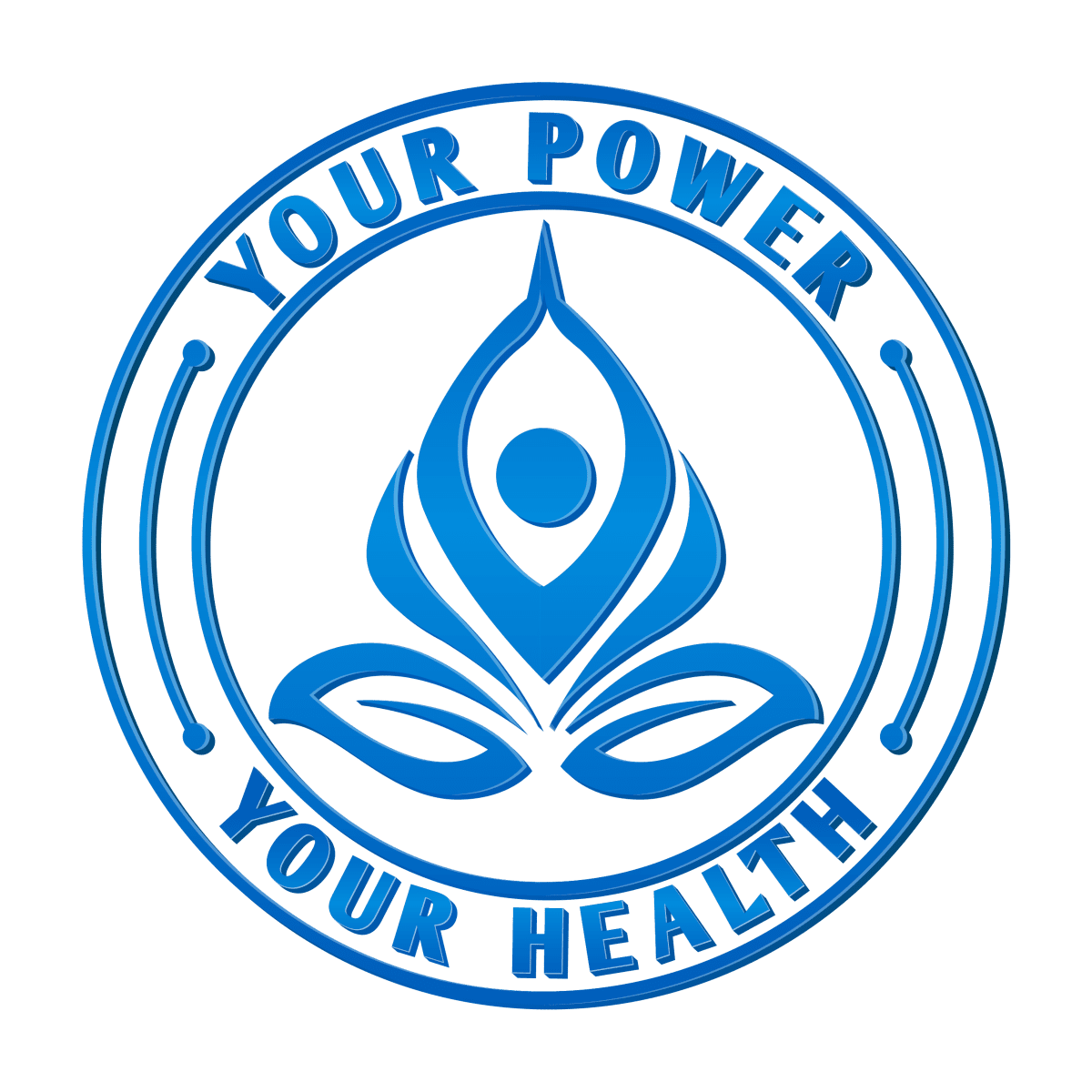In 2017, I was sitting in a meeting in the local hospital when I felt an unusual sensation in my chest. IT was a burning/tingling sensation and not really painful. As it began to radiate out to my shoulders, I started to think I might have a problem. I asked for help, got to the ER and hooked to an EKG machine. Yes, I was indeed having a heart attack. They quickly shuttled me to the cath lab where they planned to place a stent in what they believed was a blocked artery. That’s when the interventional cardiologist discovered the SCAD.
What the heck is SCAD?
A spontaneous coronary artery dissection (SCAD) occurs when there is a tear in a coronary blood vessel. This condition will slow or block blood flow. It can cause a heart attack, an irregular heart rhythm or even death. SCAD will more often happen to women than men. Typically, people who experience SCAD do not have pre-existing conditions such as high blood pressure, high cholesterol or diabetes.
Signs of SCAD
- chest pain
- fluttering in the chest
- arm, shoulder or jaw pain
- shortness of breath
- sweating
- unusual and extreme fatigue
- dizziness
- nausea
None of these symptoms applied to me. The only thing I felt was the burning/tingling in my chest. Thank goodness, I was not dismissed in the ER. They took me in immediately and began testing. And I’m here today because of the quick actions of all involved.
Why does SCAD happen?
Not a lot is known about SCAD or its causes but there are some conditions that may increase risk.
- being female – women are more likely to experience SCAD than men
- pregnancy – can occur during pregnancy or within a few weeks postpartum
- fibromuscular dysplasia (FMD) – causes irregularity in artery walls that affects more women than men
- hormone use – use of oral contraceptives, fertility drugs or hormone replacement therapy may increase risk
- lupus, polyarteritis nodosa, et al. – conditions causing inflammation in the blood vessels blood vessels
- connective tissue disorder – genetic conditions that affect connective tissue can increase risk
- illicit drug use – cocaine and other drug abuse can increase risk
- very high blood pressure – there is a link to increased risk
Sometimes after strenuous exercise some women have been known to experience SCAD. It can happen more than once, shortly after the first event. Or it can happen several years later. The condition is not well known but has been getting more attention in recent years as women’s heart health has gotten more attention.
Do You Want Help?
Would you like to have more energy, lose weight, sleep better, and balance your hormones? I am launching another 5 week Sugar Detox Program beginning soon.
This program is open to anyone who:
- would like to get control of their sugar cravings
- feel better
- have an abundance of energy
- and an overall increase in well-being.
Aren’t you tired of feeling bloated and lethargic?
If you continue to follow the path you’re on, where will it lead you in six months? a year? Isn’t it time to take a different approach?
What you have done in the past hasn’t worked or at least has not stuck. I can help you change that. Click here for a free consultation. We’ll discuss your challenges and your goals for the coming year and see if we’re a good fit. You have nothing to lose except those nasty cravings.
As a health coach, I work with women who are facing serious health challenges like heart disease, metabolic syndrome and diabetes or who are at risk for a serious health issue such as high blood pressure, high cholesterol or high blood sugar. If you would like to have a free consultation about the health challenges you have and the improvements you would like to see in your health, click here to schedule a no strings attached call.






